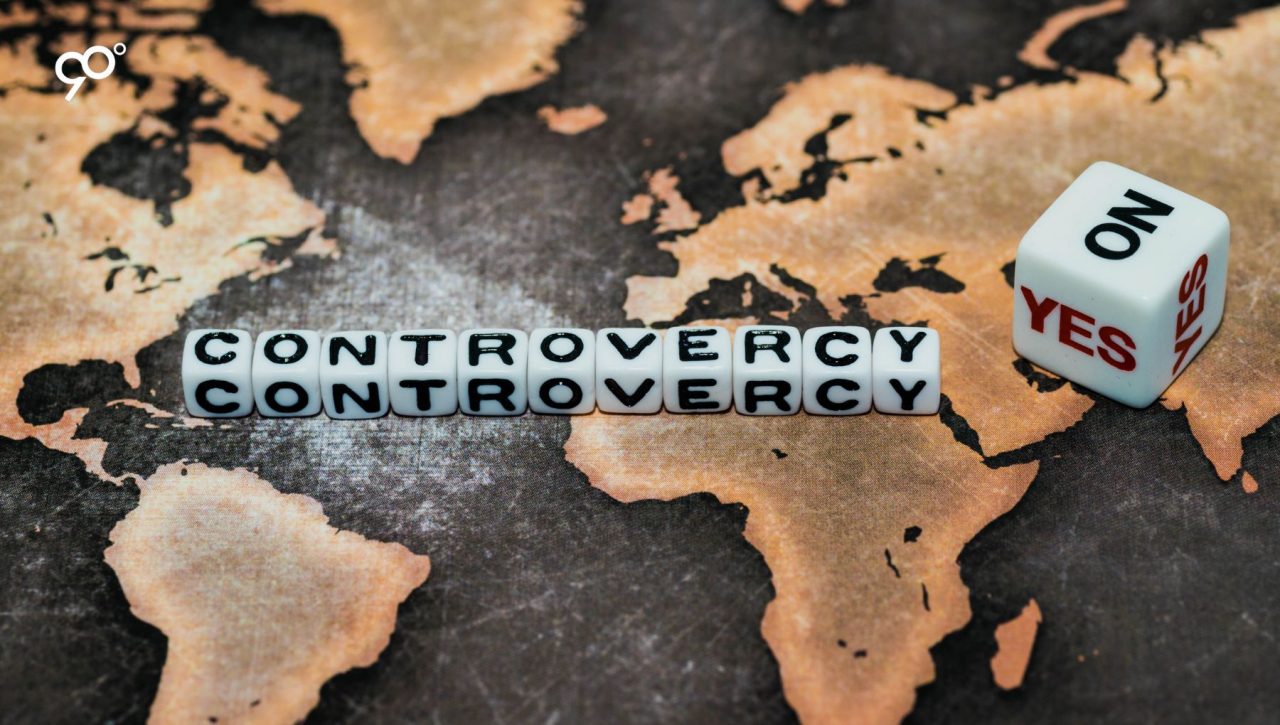
In the high-stakes world of politics, controversies are almost inevitable. Whether stemming from contentious policies, personal misconduct, or public backlash, such moments can quickly spiral into crises that shape careers, influence public opinion, and shift political momentum. In these instances, public relations (PR) becomes a vital instrument—not only for damage control, but for rebuilding trust, clarifying facts, and guiding public discourse.
Navigating the Political Firestorm
Unlike traditional corporate challenges, political controversies are fueled by emotion, ideology, and constant public scrutiny. They play out in real-time, amplified by nonstop news coverage and social media virality. The margin for error is slim, and a single misstep can have national or even global consequences.
PR professionals, therefore, must act swiftly and strategically. Their first task is usually to contain the issue—providing timely, clear communication that demonstrates leadership, accountability, and concern. Silence or vague responses often worsen the situation, allowing narratives to be shaped by speculation and misinformation.
Framing the Message
At the heart of any effective response is message control. Political PR teams must carefully craft a narrative that addresses the controversy head-on while offering context, corrective details, or expressions of regret when appropriate. This isn’t about evasion or manipulation, but about providing clarity in moments when confusion and tension are at their peak.
Good messaging also considers the diversity of audiences involved—from constituents and political allies to media and advocacy groups. Each group has different concerns, and the PR approach must be adapted accordingly while staying aligned with the core message.
Managing Media and Public Platforms
In a political controversy, media relations take center stage. Journalists need timely information, and how a story is framed by the press can influence public sentiment. PR teams must maintain open lines of communication with key media outlets, offer factual briefings, and, when necessary, provide exclusive insights or interviews that help steer the story constructively.
At the same time, social media becomes both a battleground and an opportunity. It allows political figures to speak directly to the public, bypassing traditional media filters. However, without discipline and coordination, it can also amplify missteps. Consistency in tone, message, and timing across platforms is crucial to avoid confusion and to reinforce credibility.
Rebuilding Trust
Once the initial wave of controversy subsides, PR efforts shift toward long-term reputation repair. This often involves showing continued transparency, reinforcing positive values, and re-engaging with the public. Political leaders might use town halls, community outreach, or policy initiatives to reestablish connection with their base and demonstrate their commitment to learning from past mistakes.
Importantly, successful reputation recovery is rarely about a single campaign—it’s about consistent, authentic communication over time. The goal is to show growth, accountability, and alignment with public interests.
The Ethical Dimension
Political PR doesn’t just manage perception—it carries the responsibility of upholding public trust. Ethical communication is essential. Attempts to mislead, deflect blame, or obscure facts may offer short-term relief, but they often lead to longer-term damage. When handled with honesty and strategic foresight, PR in political controversies can be a force for restoring dialogue, encouraging accountability, and ultimately strengthening democratic engagement.
In the heat of political controversy, public relations serves as a compass. It helps leaders navigate turbulence with clarity, integrity, and strategic calm. Far from being mere damage control, PR—when done right—is a vital tool for transparency, resilience, and responsible leadership in the public eye.
Follow Ninety Degrees PR Solutions on LinkedIn for more public relations and communication related articles.







